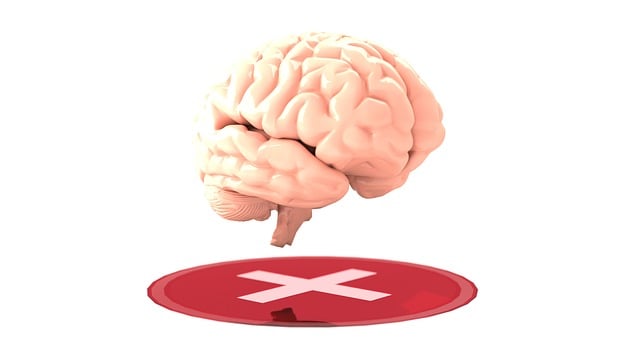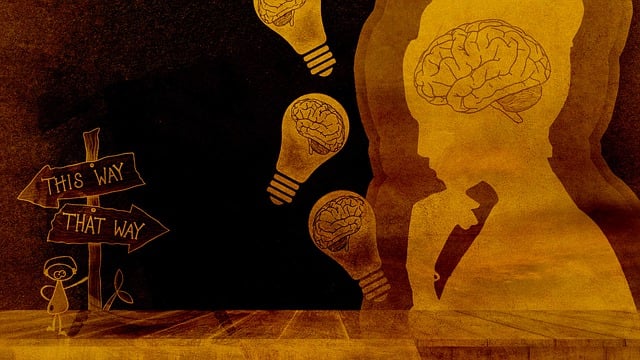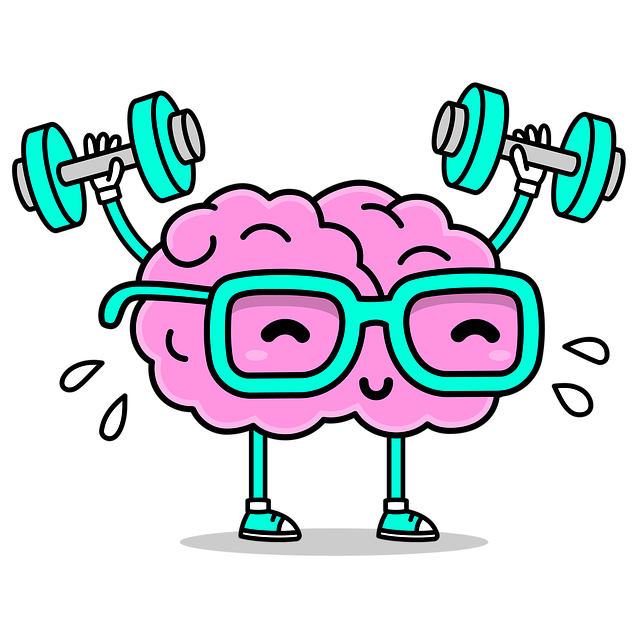Parents and caregivers play a vital role in navigating mental health treatment for their loved ones with developmental disabilities. Understanding various diagnoses and employing early intervention strategies significantly impact long-term outcomes. Denver Developmental Disability Therapy (DDDT) offers specialized services, advocating for systemic changes in Mental Health Policy while providing evidence-based therapies like CBT and IPT. By combining individual therapy, support groups, education, and holistic well-being practices, DDDT empowers individuals to manage their mental health effectively and destigmatize their conditions. Local resources and community outreach programs further strengthen the network around mental illness, fostering empathy and collaboration among healthcare providers and community members.
“Unsure where to begin when navigating mental illness? This comprehensive guide offers invaluable support for parents and caregivers. From demystifying mental health diagnoses with ‘Understanding Mental Health Diagnoses’ to highlighting the specialized role of Denver Developmental Disability Therapy in treatment planning, we cover essential steps. Learn about available treatment options, including medication, therapy, and support services, and discover strategies to build a robust network of local resources and community outreach programs. Empower yourself with knowledge for better mental health management.”
- Understanding Mental Health Diagnoses: A Guide for Parents and Caregivers
- The Role of Denver Developmental Disability Therapy in Treatment Planning
- Navigating Treatment Options: Medication, Therapy, and Support Services
- Building a Supportive Network: Local Resources and Community Outreach Programs
Understanding Mental Health Diagnoses: A Guide for Parents and Caregivers

For parents and caregivers, understanding mental health diagnoses is a crucial first step in navigating the complex path to treatment. It’s important to remember that mental illness isn’t a weakness or something to be ashamed of; it’s a real and treatable medical condition. A diagnosis provides a framework for tailored support and can range from common issues like anxiety and depression to more complex conditions such as schizophrenia or bipolar disorder. At Denver Developmental Disability Therapy, we encourage open dialogue about these topics, emphasizing that early intervention and proper care plans significantly impact long-term outcomes.
When faced with a mental health diagnosis, parents and caregivers play a vital role in advocacy. Familiarizing themselves with local resources, support groups, and healthcare policies like Mental Health Policy Analysis and Advocacy can empower them to make informed decisions. Additionally, understanding burnout prevention strategies for healthcare providers is essential, as supporting a loved one with mental illness can be emotionally taxing. Effective mood management techniques, accessible through specialized therapy, offer valuable tools to help both the patient and their support system cope and thrive.
The Role of Denver Developmental Disability Therapy in Treatment Planning

Denver Developmental Disability Therapy plays a pivotal role in navigating the complex landscape of mental illness treatment planning. This specialized therapy focuses on addressing the unique challenges faced by individuals with developmental disabilities, ensuring that their mental health needs are accurately assessed and effectively managed. By integrating evidence-based practices tailored to these specific requirements, therapists empower clients to develop coping strategies for mood management.
Beyond individual therapy sessions, Denver Developmental Disability Therapy contributes to a broader mental health ecosystem. It advocates for Mental Health Policy Analysis and Advocacy, pushing for systemic changes that improve access to specialized care. Additionally, the therapy program designs and implements Mental Health Education Programs to raise awareness, dispel stigma, and foster inclusive environments. This holistic approach underscores the commitment to enhancing the overall well-being of individuals with developmental disabilities in Denver and beyond.
Navigating Treatment Options: Medication, Therapy, and Support Services

Navigating treatment options is a crucial step for individuals facing mental illness. In addition to medication, which can help manage symptoms, Denver developmental disability therapy offers a range of effective approaches. Therapy, including cognitive-behavioral therapy (CBT) and interpersonal psychotherapy (IPT), provides tools to understand and cope with challenges, while support services like peer groups and case management ensure comprehensive care.
Integrating these elements—medication, therapy, and support—can foster mental wellness journaling exercise guidance, enhancing resilience. Public awareness campaigns development plays a vital role in destigmatizing mental health issues, encouraging individuals to seek assistance earlier. By combining evidence-based treatments with supportive networks, individuals can embark on a journey towards improved emotional well-being and a more fulfilling life.
Building a Supportive Network: Local Resources and Community Outreach Programs

Building a supportive network is an integral part of navigating mental illness diagnosis and treatment. Local resources play a significant role in this process, offering specialized services tailored to individual needs. Denver Developmental Disability Therapy, for instance, provides unique programs designed to assist those with developmental challenges, fostering a sense of community and understanding. These initiatives often involve group therapy sessions, support groups, and educational workshops that empower individuals and their families to manage mental health effectively.
Community outreach programs further strengthen this network by promoting empathy-building strategies and burnout prevention among healthcare providers. Such programs encourage open dialogue, foster collaboration between professionals and community members, and raise awareness about depression prevention and other mental health concerns. By integrating these local resources and initiatives, individuals facing mental illness can access comprehensive support, ensuring a more positive and inclusive journey towards recovery.
Mental illness diagnosis and treatment can be a complex journey, but with the right navigation assistance, parents, caregivers, and individuals can forge a path towards healing. By understanding mental health diagnoses, involving specialized therapists like those at Denver Developmental Disability Therapy in treatment planning, exploring diverse treatment options, and building robust support networks through local resources, one can create a comprehensive strategy for managing mental health effectively. These steps not only enhance the quality of life but also empower individuals to navigate their unique journeys with resilience and hope.














